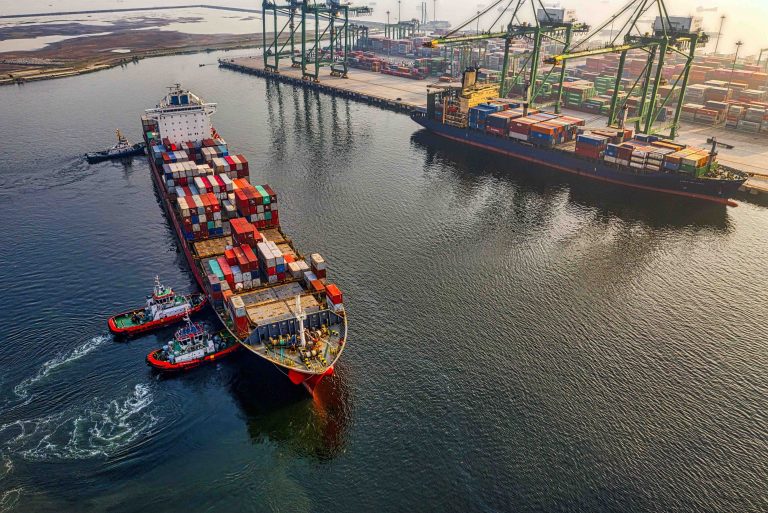Operational excellence is a key component of the Transport and Logistics industry. It is characterized by the use of people, processes and IT systems to provide excellent transport services. As a whole, the logistics sector covers all aspects of the supply chain, from the sourcing of raw materials to the end-user. This includes everything from manufacturing to Transport and Logistics, including the return of goods up the supply chain. In some cases, the logistics function may also involve the movement of people.
The term logistics is a growing industry. It deals with the efficient transportation of products from one location to another. It involves a number of processes, including warehouse management, packaging, transport and storage. Transportation and management logistics are the same field, though transportation deals only with moving products and services. In addition to managing the transportation and storage of products, logistics managers also manage budgets, organize schedules and routes, and ensure that vehicles meet legal requirements. In addition, they oversee drivers and other personnel to ensure that they perform their duties correctly.
As an important aspect of business, transport and logistics is the movement of people and goods. The proper management of the transportation system ensures that products reach their customers in a timely and cost-effective manner. Its role is to meet the promises of the manufacturer to its customers. It is also the responsibility of a transport and logistics manager to manage all transportation matters for an organisation. These managers manage budgets and schedules, organise routes, and ensure that all vehicles meet legal requirements.
Logistics industry is constantly evolving:
The logistics industry is constantly evolving, and new techniques and technologies are being introduced on a regular basis. By taking the latest trends into consideration, companies will be better equipped to compete in the marketplace. The Transportation and Logistics industry is responsible for the movement of goods, people, and animals. Their job entails handling the various modes of transport. Consequently, the importance of efficiency is ever greater than ever. They have to manage the cost of transportation, as well as maintain safety of goods in transit.
Several major business trends have shaped the Transport and Logistics industry. According to the McKinsey research, globalization, the rise of e-commerce and a shift to a globalized economy have all benefited the sector. However, there are challenges in this sector, and they should be a priority for any company. If a company wants to survive in a competitive environment, it must be agile and adaptable.
A good transportation and logistics strategy is critical to the success of any business. Using the most efficient methods of transportation is crucial to maximizing efficiency while reducing costs. For example, Amazon has dozens of distribution centers in the United States alone. It spends billions of dollars on these state-of-the-art fulfillment centers, allowing it to reduce costs. As a result, it has become the top industry in the world for many years.
Transportation and logistics industry continues:
As the transportation and logistics industry continues to grow, many major business trends have impacted this industry. For example, globalization has led to sophisticated just-in-time supply chains, which are important for the growth of e-commerce. By combining the two, transport and logistics has become an integral part of the world’s economy. In addition to being critical to society, it helps the business of transport and logistics can benefit from e-commerce as well.
As a result, this industry has become increasingly competitive, with multinational firms investing millions of dollars to improve their efficiency. Its low costs and highly skilled workforce have made it a highly desirable industry. In the United States alone, the Business Logistics Costs sector reached $1.6 trillion in 2018, and the Foreign Direct Investment in the sector reached $1.5 billion in 2018. Its importance cannot be underestimated. The logistics industry is the backbone of the modern economy.
A well-functioning transportation system is critical to a company’s overall productivity. By controlling costs, transport and logistics help a business deal with unexpected issues. In addition to ensuring that products are available and accessible at the right time, effective logistic management also helps businesses improve their customer service. In fact, these services can be highly beneficial to a company’s bottom line. The Shipper corner process is crucial in a global economy, and it enables companies to compete with competitors.





Pingback: Become a Freight Broker Services Providers - Daily Articles